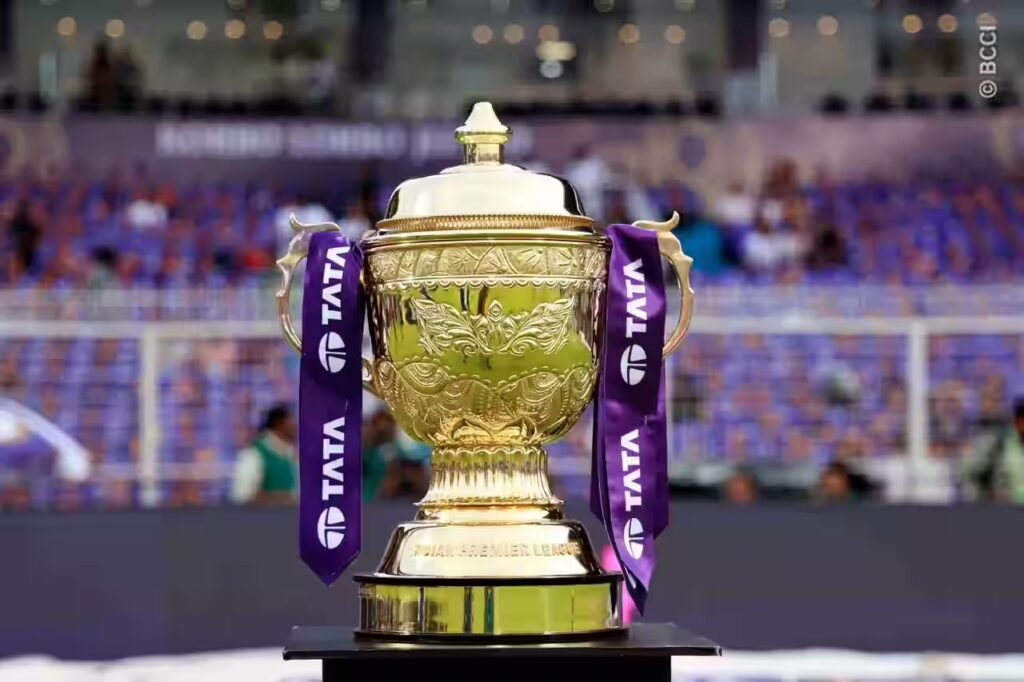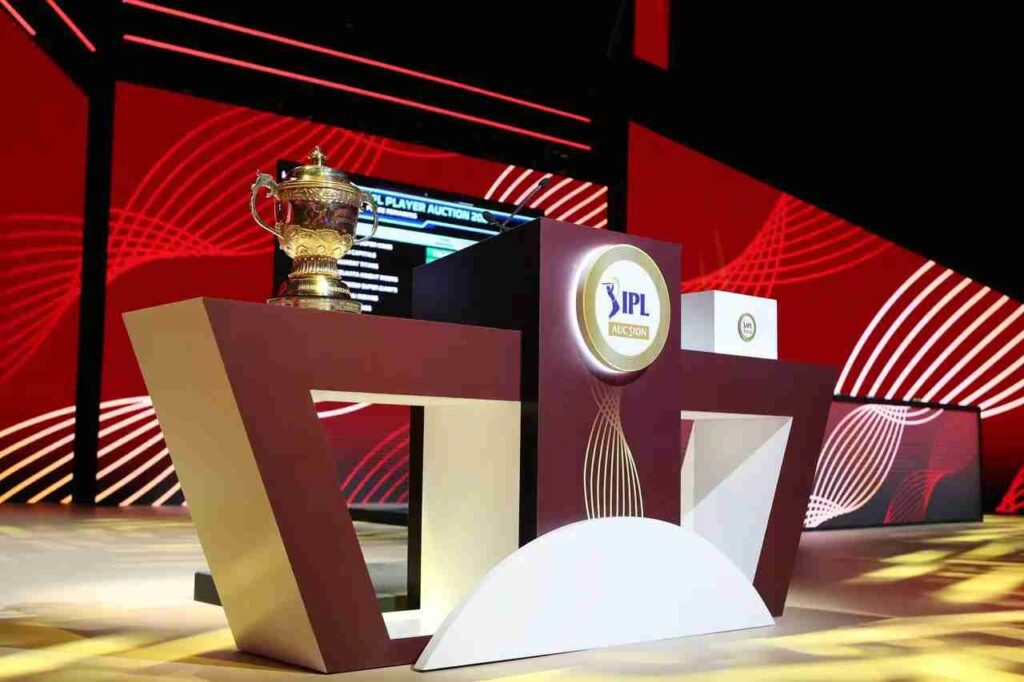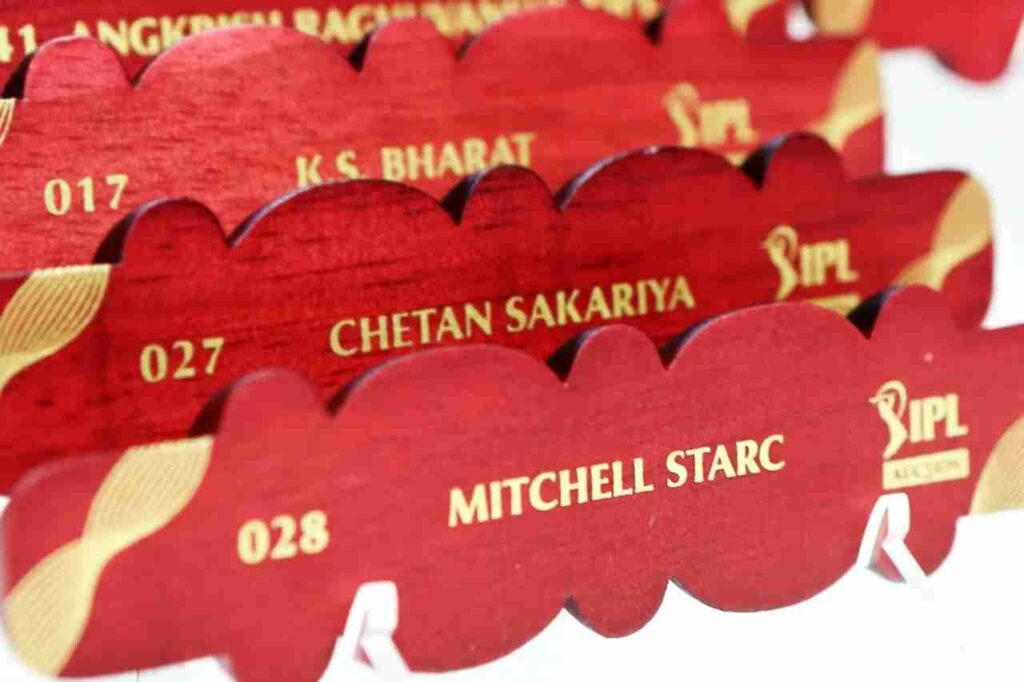
Chennai Super Kings (CSK) may have been handed their worst defeat at home by Royal Challengers Bengaluru (RCB) a couple of nights ago, but that wouldn’t bother its owners and office-bearers unduly, as they sit pretty as the most valued IPL franchise.
As per the Brand Finance IPL Valuation 2024 report, the CSK franchise is valued at $122M, which has grown by 52% over the last fiscal year.
Mumbai Indians (MI), RCB and Kolkata Knight Riders (KKR) are the only other franchises that enjoy a nine-figure value, with their valuations stacked at $119M, $117M and $109M respectively.
Each of the 10 playing franchises have delivered stellar growth in revenue in the last fiscal cycle, with all but one franchise (Delhi Capitals) more than doubling their top line. Gujarat Titans (GT) reported the highest revenue base of INR 776 Crores.
Ironically, GT is the only loss-making franchise currently, even though they have reduced their losses sharply from 429 Crores down to 57 Crores in the last financial year. Punjab Kings currently stand out as the most profitable franchise in the league delivering a net income of 252 Crores in FY24.
Essentially, every IPL franchise has shed potential concerns around stagnancy of revenue and profit growth that had clouded the league at the end of FY23.
These franchises have scaled up their value through a combination of direct and indirect revenue sources. As a direct source, they collect their own sponsorship and advertising revenue, apart from the prize money that they win based on their performance.

Each of the franchises have at least 16 brand sponsors, with the likes of Gujarat Titans, Mumbai Indians and the Royal Challengers Bengaluru scoring more than 35 partners each.
There are some brands like Dream 11, JSW, Jio, Bisleri, Amul, Fancode, Mirchi FM that have been double-dipping as sponsors across multiple franchises to expand their reach, coverage and engagement.
In terms of indirect or shared revenue, each franchise collects 80% of their home stadium gate revenues and an equal share of 50% of IPL’s central revenue pool, that constitutes TV and digital broadcasting rights and sponsorship revenue from the title and associate sponsors.
Currently, the franchises make 70-75% of their revenue from the IPL shared pool. Collectively, the 10 franchises earned nearly 6,800 crores (~$800M) and makes up $910M in value, which is less than 8% of the entire league’s current valuation of $12 Billion.
So, what constitutes the majority of the IPL’s brand value?
It disproportionately lies in the broadcasting rights, which stand at a whopping 10,540 crores per season and are nearly equally divided across television and digital, thus reflecting the audience’s growing desire to consume IPL through digital OTT streaming platforms.
This deal pegs each IPL match to be valued at about $16.8M, making it the second-most valuable asset amongst global sporting leagues, after the NFL’s $36.8M per match.
Of course, what helps IPL’s per match valuation is the fact that the league has a total of just 74 games per season, as opposed to the NFL’s 272 games, the English Premier League’s 380, the NBA’s 1230, the NHL’s 1,312 and MLB’s 2,430.
A compact 2-month window, without much conflict in the international cricket calendar, with a viewership of over 500 million, is what constitutes IPL’s USP and helps it command the staggering broadcasting value.
Beyond broadcasting, brand IPL has managed to command a combined sponsorship value of 875 crores per season currently, across three categories. The TATA’s have renewed their commitment as title sponsors till 2028 for 500 Crores per annum; My11Circle, AngelOne and RuPay have come on board as associate partners sponsoring 125 crores, 82 crores and 70 crores respectively.
As Strategic Timeout partners, CEAT sponsors the IPL at 48 crores per season and Wonder Cement is the latest addition, as Umpire Partners, with a contribution of 50 crores to the IPL kitty every year.
Whilst all the revenue from the advertisements we see on TV or on the streaming apps go to the broadcasters, JioStar, to help them recoup the mammoth value of 10,540 crores per season that they pay the IPL to broadcast the matches, the growth in their advertising and subscription revenue is also a good proxy indicator of the brand strength of the league.

In 2025, they expect to generate nearly 6,000 crores from 32 brands who are expected to run ads across linear television and digital streaming of the 74 games. As much as 55% of these revenues are likely to be derived from digital ad spots and if attained, the total ad revenue would be a growth of over 50% compared to last year’s base of 3,900 crores.
Alongside this revenue stream, JioStar targets onboarding 100 million new paid subscribers, potentially adding another 3,000 crores at least to their revenue base.
Brand IPL is in solid health, with its brand value growing six times since its inception, when it was pegged at a value of $2B in 2009.
In its 17-year journey, its value has dipped on three occasions – once during the spot-fixing saga in 2013, when CSK and RR were suspended from the league (2015) and then during the pandemic in 2020.
On each occasion, the IPL has found a way to be resilient and innovate out of crises, be it through inviting new franchises to come on board, fair mega auctions with equal purse strings to keep the league competitive, launching the Women’s Premier League (WPL), introducing the phenomenon of an impact player as well as scaling up fan engagement efforts in-stadia and across rural India.
As the BCCI charts out the league’s third decade in the coming two years, alongside deepening the domestic reach of IPL’s viewership, they will need to think ahead to find ways to expand the league’s physical and digital presence overseas to unlock new revenue streams, engage Gen Z and Gen Alpha on new channels such as augmented and virtual-reality devices and also empower the franchises to monetise their assets to reduce dependencies on the centralised share pool.
Till then, the top four franchises are likely to continue to engage their long-standing marquee heroes like an MS Dhoni, R Ashwin, Rohit Sharma and Virat Kohli, who no longer play the T20 format internationally but continue to add a lot of brand premium to their respective franchises.
Also Read: If KKR ever needed Shah Rukh Khan to be there in the change room, it is now



